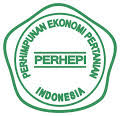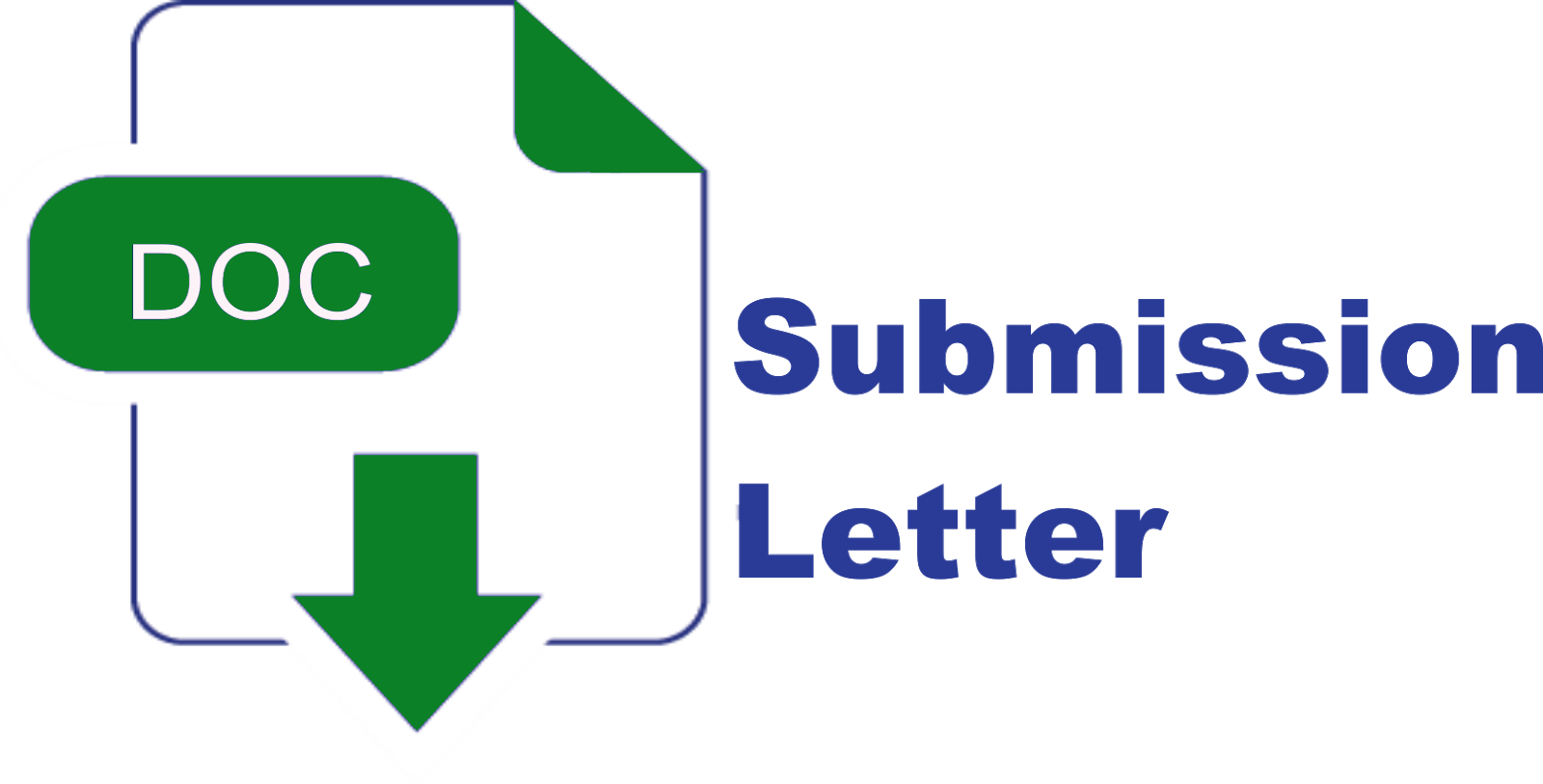ANALISIS USAHATANI DAN PEMASARAN KEDELAI VARIETAS ANJASMORO DI KABUPATEN LAMPUNG TIMUR
DOI:
https://doi.org/10.25181/jofsa.v2i1.1105Abstract
Soybean is the main source of vegetable protein and vegetable oil consumed widely by the people of Indonesia. Soybean as one of the legumes plants becomes the basic ingredients of many foods such as ketchup, tofu, and tempeh. The high consumption of soybean products makes the Indonesian people highly dependent on soybeans. Therefore, it is essential to carry out a research about farming analysis and marketing channel of local soybeans which has been cultivated by farmers in North Raman District. This is because the marketing of soybean crops will determine the income that will be obtained by farmers later. This study aims to determine the income, financial feasibility, and marketing channels of soybeans in North Raman District East Lampung regency. The information of the study is important as it provides a clear description of local soybean marketing in Lampung that can be useful for soybean self-sufficiency program. This study used primary and secondary data. Primary data is data obtained collected directly from the field by sampling while secondary data is data obtained from provincial and central BPS (statistic agency) offices, and related institutions. Data analysis is done by tabulating the data, calculating the income and financial feasibility, and describing marketing channel of Anjasmoro soybean variety. Cultivation of Anjasmoro soybean in North Raman Subdistrict, both through breeding or not breeding, turns out to be profitable and financially feasible to undertake. There are 3 marketing channels that are commonly used by the respondent farmers. They are channel 1, 2, and 3. Channel 1 is the channel with the flow from farmers to village-level collectors who have contracts, licensed distributors or farmers to village-level collectors who have contracts, tofu/tempeh producers; Channel 2 is the one with the flow from the farmers directly selling to the producer of tofu/tempeh; and channel 3 is the one with the flow from farmers to village collecting trader, then to retailer, then to producers of tofu/tempeh.Keywords: Anjasmoro Soybean, Income, Marketing ChannelsDownloads
References
Amstrong, G., & Philip, K. (2000). Dasar-dasar Pemasaran. Jilid 1, Alih. Bahasa Alexander Sindoro dan Benjamin Molan.
Assauri, S. (1987). Manajemen pemasaran: dasar, konsep den strategi. CV Rajawali.
Berliana, Dayang. (2013). Analisis Sistem Pemasaran dan Strategi Pengembangan Usahatani Manggis (Studi Kasus di Kabupaten Tanggamus). Tesis Magister Agribisnis Universitas Lampung. Bandar Lampung.
BP3K Raman Utara. (2015). Laporan Pelaksanaan Gerakan Penerapan Pengelolaan Tanaman Terpadu (GP-PTT) Kedelai dan Perluasan Areal Tanam (PAT) Kedelai Kecamatan Raman Utara Tahun 2015. Pemerintah Kabupaten Lampung Timur. Sukadana.
Dinas Pertanian Kabupaten Lampung Timur. 2015. Angka Perhitungan Produksi Tanaman Pangan dan Hortikultura Kabupaten Lampung Timur Tahun 2015. Pemerintah Kabupaten Lampung Timur. Sukadana.
Hanafie, R. (2010). Pengantar ekonomi pertanian. Penerbit Andi.
Iswara.(2010). Kedelai Setelah Satu Dekade. Majalah Tempo. Diakses dari http://majalah. tempointeraktif. com/id/arsip/2010/03/29/EB/mbm}. Diunduh 6 Juni 2017.
Limbong, S. (1987). Pengantar Tataniaga Pertanian (Bahan Kuliah Jurusan Ilmu-ilmu Sosial Ekonomi Pertanian). Institut Pertanian Bogor. Bogor.
Maryani, Nora. (2008). Analisis Usaha dan Tataniaga Kedelai di Kecamatan Ciranjang, Kabupaten Ciganjur, Jawa Barat. Skripsi. Manajemen Agribisnis. Fakultas Pertanian. Institut Pertanian Bogor.Bogor.
Ramlah. (2014). Analisis Saluran dan Marjin Pemasaran Kedelai di Desa Ugi, Kecamatan Sabbangparu, Kabupaten Wajo, Sulawesi Selatan.Skripsi Agribisnis. Fakultas Pertanian. Universitas Hasanudin. Makasar.
Winandi, R., Tinaprilla, N., & Rifin, A. Sistem Pemasaran Kedelai Di Kabupaten Lamongan Provinsi Jawa Timur.
Zulkarnain, Z. (2017). Analisis Strategi Pengembangan Pemasaran dan Nilai Tambah Tiwul Instan. Journal of Food System and Agribusiness (JoFSA), 1(1), 1–11. Retrieved from http://jurnal.polinela-srv.id/index.php/JOFSA/article/view/79
Downloads
Published
How to Cite
Issue
Section
License
With the receipt of the article by the Journal of Food System and Agribusiness Editorial Board and the decision to be published, then the copyright regarding the article will be diverted to the Journal of Food System and Agribusiness.
Politeknik Negeri Lampung as the publisher of the Journal of Food System and Agribusiness holds the copyright regarding all the published articles in this journal.
Politeknik Negeri Lampung has the right to multiply and distribute the article and every author is not allowed to publish the same article that was published in this journal.
The manuscript authenticity and copyright statement submission can be downloaded ON THIS FORM. Fill out the form and submit as a supplementary file.
All publications by Journal of Food System and Agribusiness is licensed under a Creative Commons Attribution Non-Commercial 4.0 International License.
























